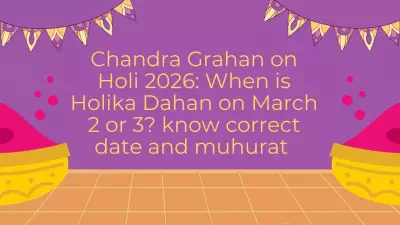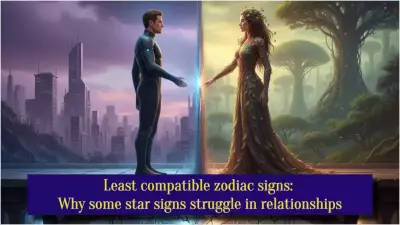
In a thought-provoking development that's stirring academic circles across Northeast India, former IAS officer Rinsanga has called for a comprehensive re-examination of the established Mizo historical timeline. The retired bureaucrat's bold proposition challenges long-held historical narratives and demands a more evidence-based approach to documenting Mizoram's rich past.
Challenging Historical Conventions
Rinsanga, speaking with the authority of someone who has closely observed Mizoram's administrative and cultural landscape, emphasized that the current historical timeline requires serious reconsideration. His critique centers on what he perceives as inconsistencies and gaps in the conventional historical account that has been taught and accepted for generations.
The Need for Evidence-Based History
The former civil servant stressed the importance of building historical narratives on solid evidence rather than oral traditions alone. "We must separate historical fact from legend and ensure our timeline accurately reflects verifiable events," Rinsanga asserted during his address. His comments have sparked intense discussion among historians, academics, and community leaders throughout the region.
Academic Community Reacts
Initial reactions from the academic community have been mixed, with some scholars welcoming the call for re-examination while others express caution about revisiting established historical frameworks. The debate touches on fundamental questions about how indigenous histories are documented and preserved, particularly in regions with strong oral traditions.
Implications for Cultural Identity
This proposed historical revision carries significant implications for Mizo cultural identity and heritage preservation. A revised timeline could potentially reshape understanding of migration patterns, social evolution, and political development in the region. Rinsanga's intervention comes at a time when many indigenous communities across India are re-evaluating their historical narratives through modern academic lenses.
The former officer's call to action represents more than just an academic exercise—it's a push for historical accuracy that could influence how future generations understand their heritage and identity. As the discussion gains momentum, it promises to open new avenues for historical research and cultural understanding in Mizoram and beyond.





